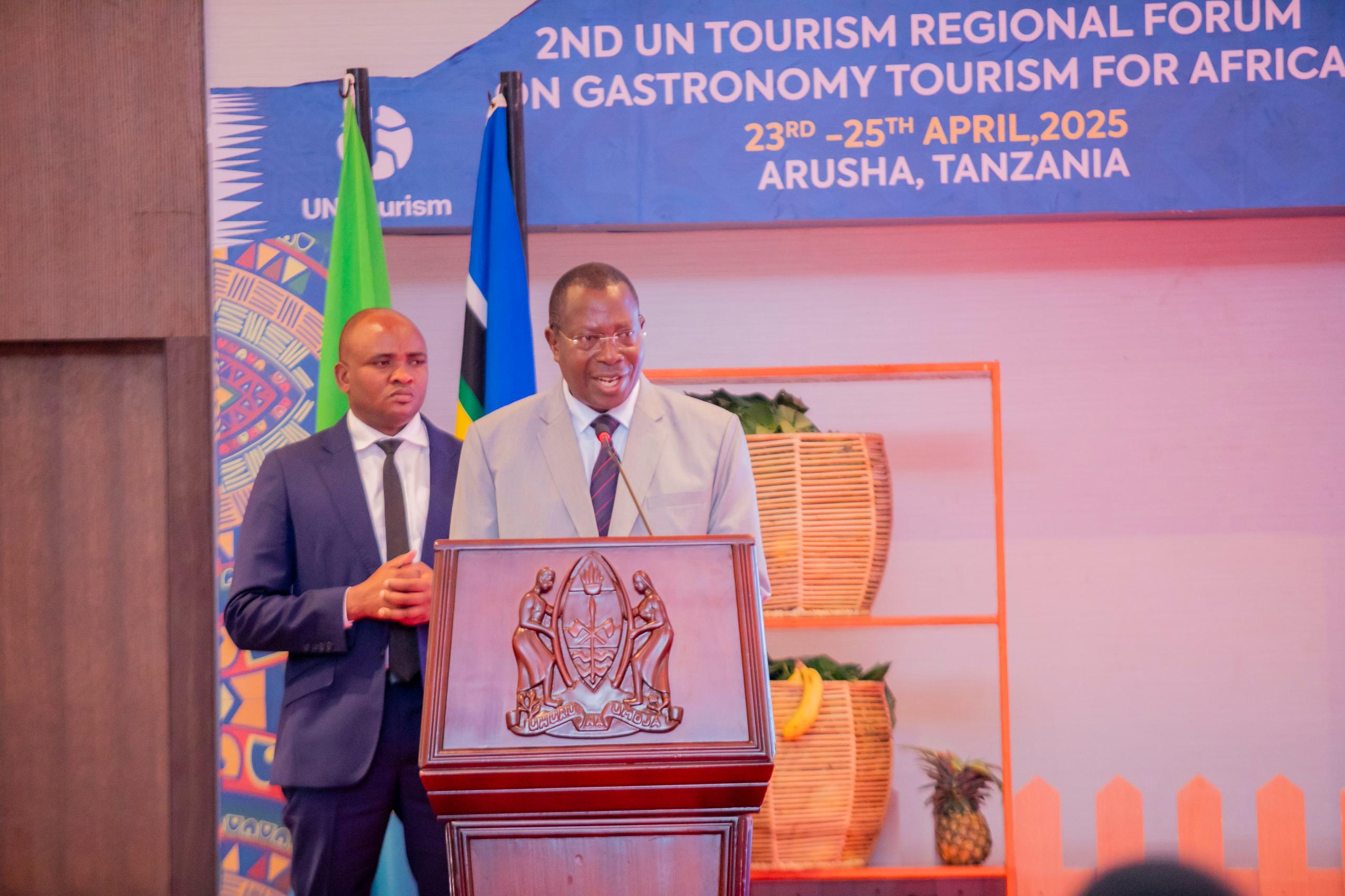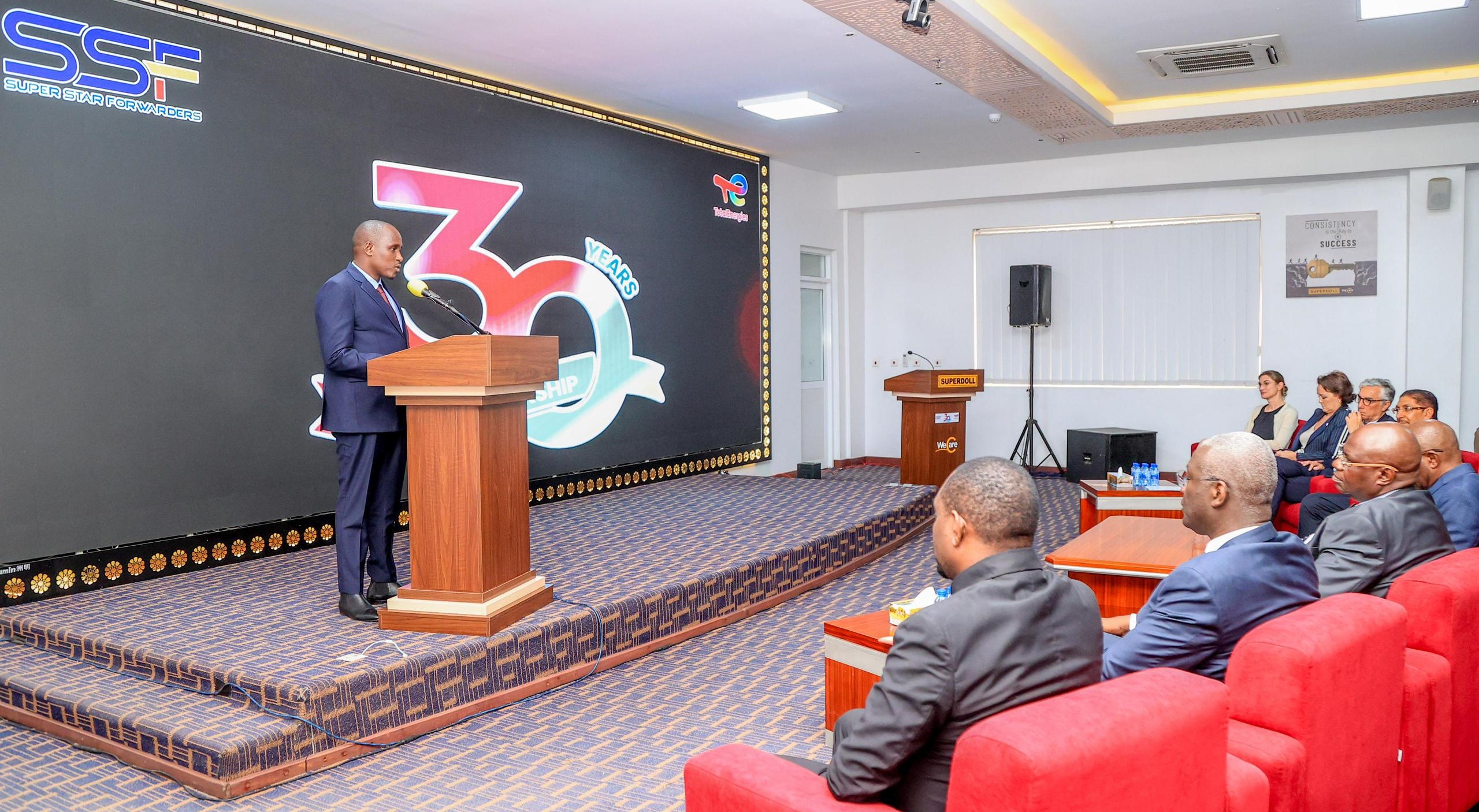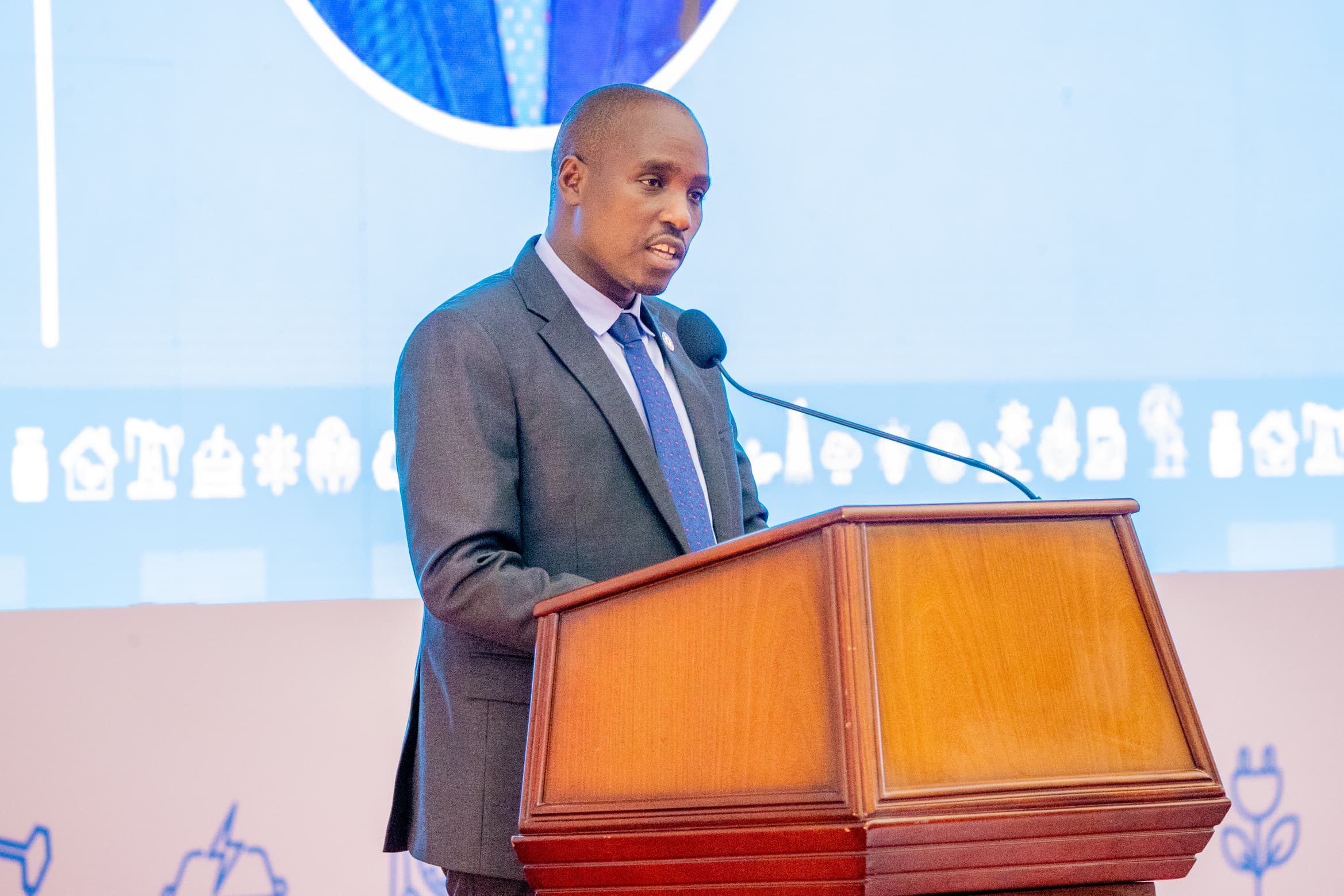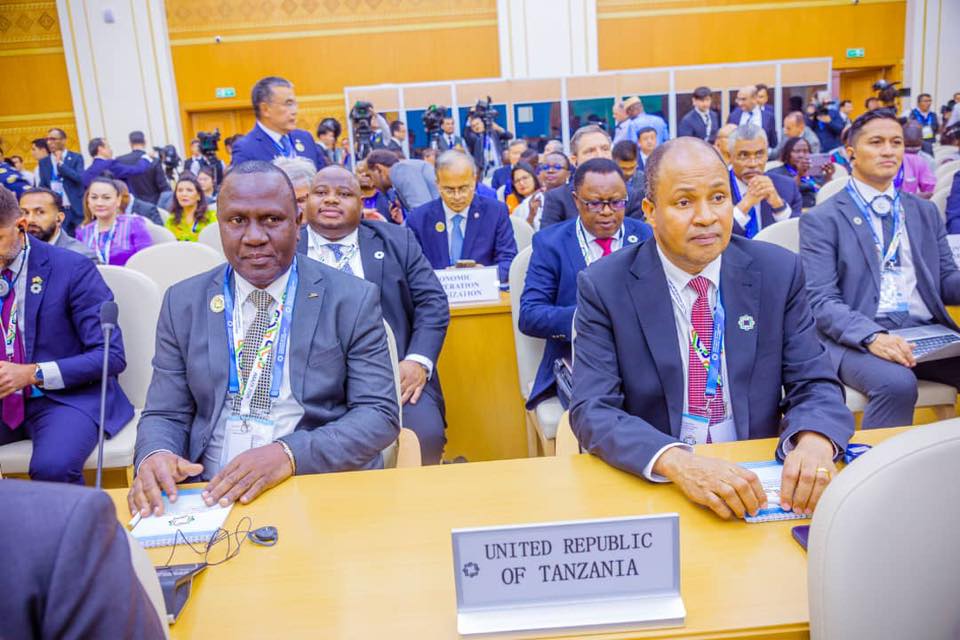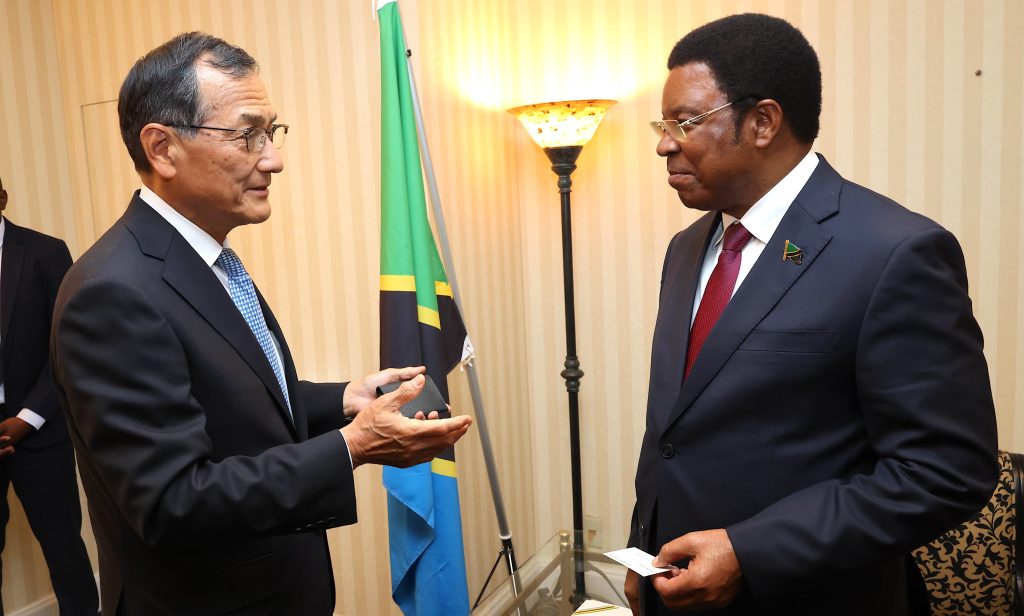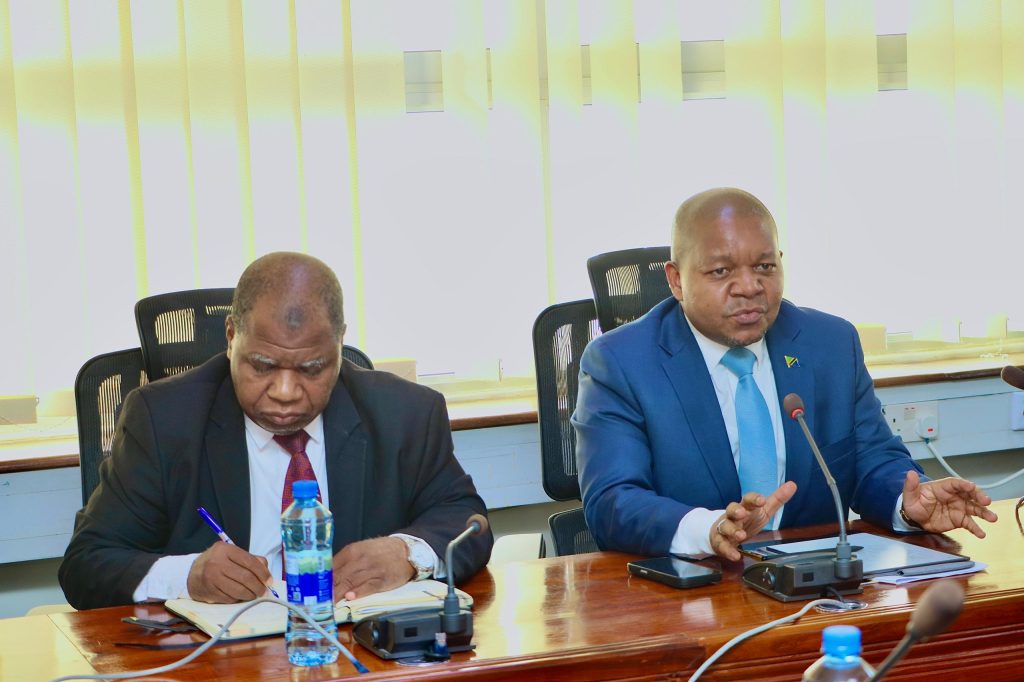Dar es Salaam. Tanzania’s Vice President, Dr Philip Mpango, has commended the Bank of Tanzania (BoT) and its team of in-house experts for developing an Integrated Central Banking System (iCBS) that meets international standards at a fraction of the cost of similar systems on the global market.
Speaking during the official launch of the iCBS system at the central bank’s headquarters in Dar es Salaam, Dr Mpango said the BoT had made history by becoming the first institution in Africa to build such a system independently.
“The Bank of Tanzania is the first institution in Africa to develop a fully integrated central banking system in-house. This has saved the nation Sh81.32 billion that would otherwise have been spent on foreign developers,” he said.
He noted that the new system significantly improves the central bank’s operational efficiency, particularly in overseeing and executing transactions without disruptions.
Dr Mpango urged the BoT to work closely with relevant institutions, including the Tanzania Communications Regulatory Authority (TCRA), the e-Government Authority (e-GA), and sectoral ministries, to ensure the proper management and supervision of iCBS and other digital payment systems.
“This system must be well managed to ensure it delivers the expected results for our economy. I also urge all stakeholders to enhance the use of digital platforms in financial transactions so that we reduce dependence on cash,” he added.
The Vice President also raised concern over the proliferation of mobile-based money lenders who exploit Tanzanians through excessive interest rates and intrusive data practices.
“These digital lenders are charging exorbitant interest, invading people’s privacy, and even sharing borrowers’ personal information without consent,” he warned.
“The Bank of Tanzania must take strong measures to curb this exploitation and continue educating the public on safer and more affordable sources of credit.”
He further called for stronger protection of intellectual property rights surrounding the iCBS, noting that such innovation deserves legal safeguarding.
“Let us ensure that the intellectual property rights of our locally developed systems are well protected. Ministries must also offer more incentives to our innovators, whose work helps us save foreign currency and boost productivity,” said Dr Mpango.
He reaffirmed the government’s commitment to promoting research and innovation by increasing funding, establishing innovation hubs and incubation centres, and strengthening partnerships between higher education institutions, the public sector and private enterprises.
On his part, BoT Governor, Emmanuel Tutuba, explained how the system has helped address long-standing operational challenges.
“The iCBS has improved the accuracy and timeliness of government reporting, transaction tracking, account reconciliation, donor reporting, fund transfers, and interest rate computation,” he said.
Mr Tutuba said the overall macroeconomic outlook remained stable, noting improvements in key indicators such as the strength of the shilling and inflation control.
“By June 2025, our foreign exchange reserves had reached $6.2 billion, the highest in the history of our country,” he revealed.
He further noted the central bank’s recent entry into the gold market following legal reforms made in 2024.
“After amendments to the Mining Act enabled us to purchase gold using local currency, we have so far acquired 6.6 tonnes of refined gold worth $706.6 million. This represents 110 percent of our annual target of six tonnes,” he said.
During the event, Dr Mpango also officially launched the Bank of Tanzania Museum, which showcases the central bank’s historical journey and key milestones. He also inaugurated BoT’s new Online Library, which offers public access to books and journals in digital format.


